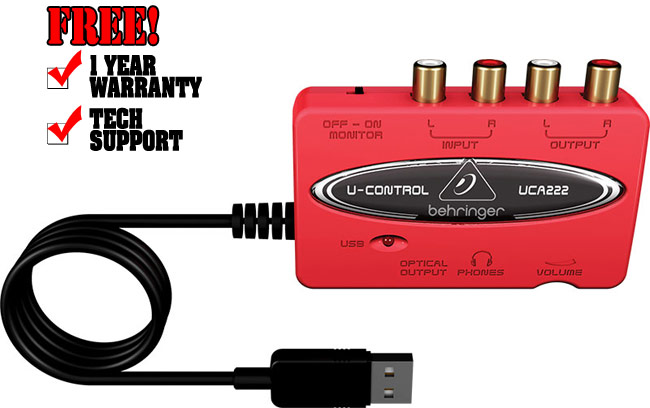

LOW LATENCY AUDIO DRIVER WINDOWS 7 DRIVERS
DirectX drivers are usually not really a subject matter but I am going to bring these on the table and discuss it. The Antelope Audio Windows Thunderbolt Driver supports ultra-low latency down to sub-millisecond round-trip latency including AD/DA. By reading different Q&A posts (Reddit, forums and so on) is that there is a lot on the subject about Realtek ASIO drivers and ASIO4ALL drivers.
LOW LATENCY AUDIO DRIVER WINDOWS 7 WINDOWS 10
If lower audio latency is what youre after, just installing Windows 10 will bring a 4.5-16ms reduction in round-trip latency for all applications. Running REAL on older OS versions (Windows 8.1 and earlier) should not have an effect to audio latency. The UR242 from Steinberg is a four input, two output USB 2.0 audio interface that features dual D-PRE microphone preamps coupled with 24-bit/192 kHz converters. This application makes use of an Audio Engines feature that has been introduced since Windows 10. Anyhow, since I said earlier, if you had issues with this card since the beginning, it's likely it might be a hardware issue. I think it is time for a technobabble article about Propellerhead Reason. The Windows driver supports Windows 7 SP1, 8, 8.1, and Windows 10. There's not really much I can suggest to resolve this apart from making sure you have the latest drivers released last month and maybe trying to use Nvidia Control Panel to tweak some settings (like choosing performance instead of quality). Not surprisingly, nvlddmkm.sys driver is behind this. ASIO (Audio Streaming Input Output) was introduced by Steinberg to remedy the situation, that Windows had no means to stream audio-data from/to soundcards with the small amount of latency necessary for professional recording solutions. The DPCs seem to be higher than usually, above 5% per CPU with a spike to 10% for some time. ASIO2KS is a generic ASIO driver for WDM kernel-streaming compliant soundcards on Windows 2000 and XP platforms.

This can probably be explain by the fact that you are using a built-in GPU, which does not support hardware video decoding inside Flash, putting all the load to the CPU. To be more specific, I see that pepflashplayer.dll component is responsible for that CPU usage inside Chrome. The problem is that Chrome is talking almost all CPU time, resulting into 100% CPU usage, which cause audio glitches. The DPCs here are really low (less than 5% per CPU) and they are not what's causing these small audio glitches you mentioned.


 0 kommentar(er)
0 kommentar(er)
